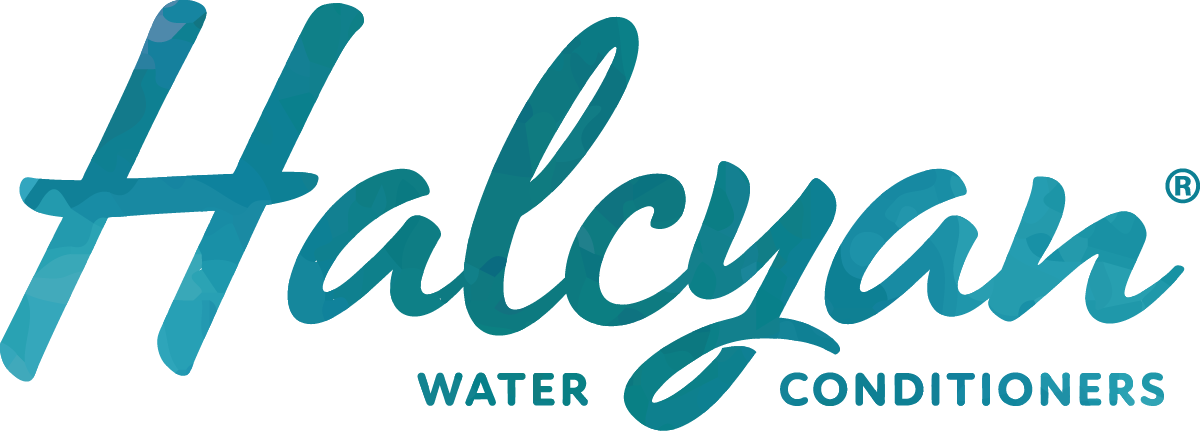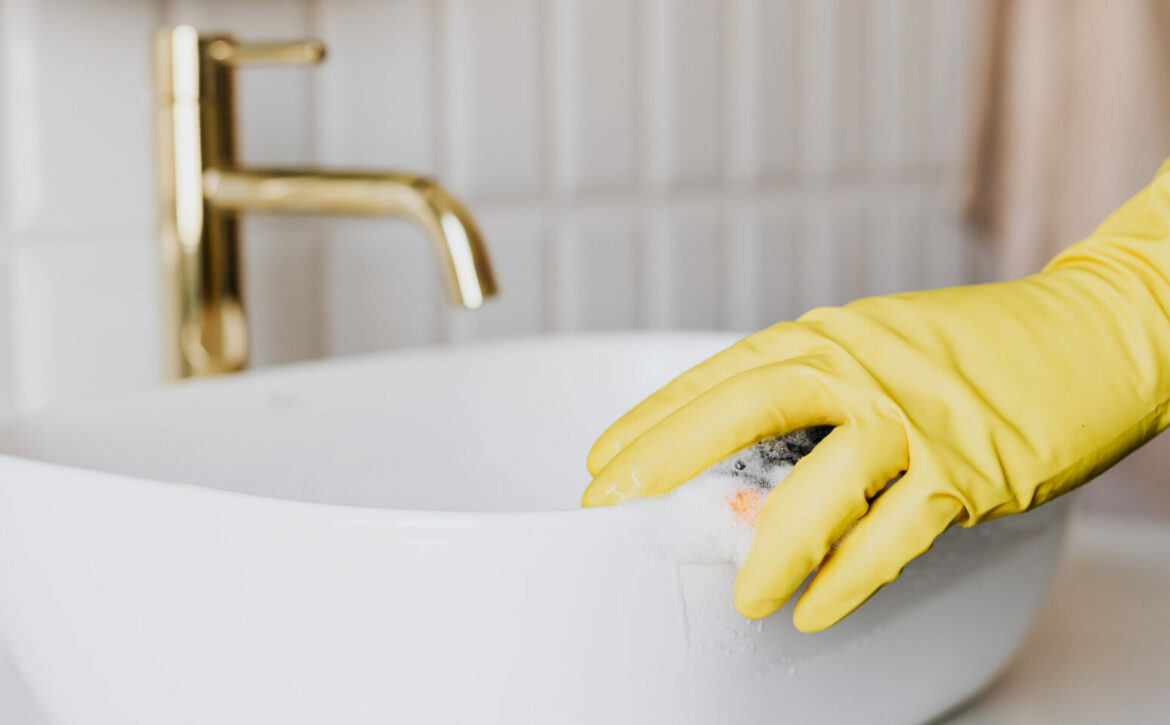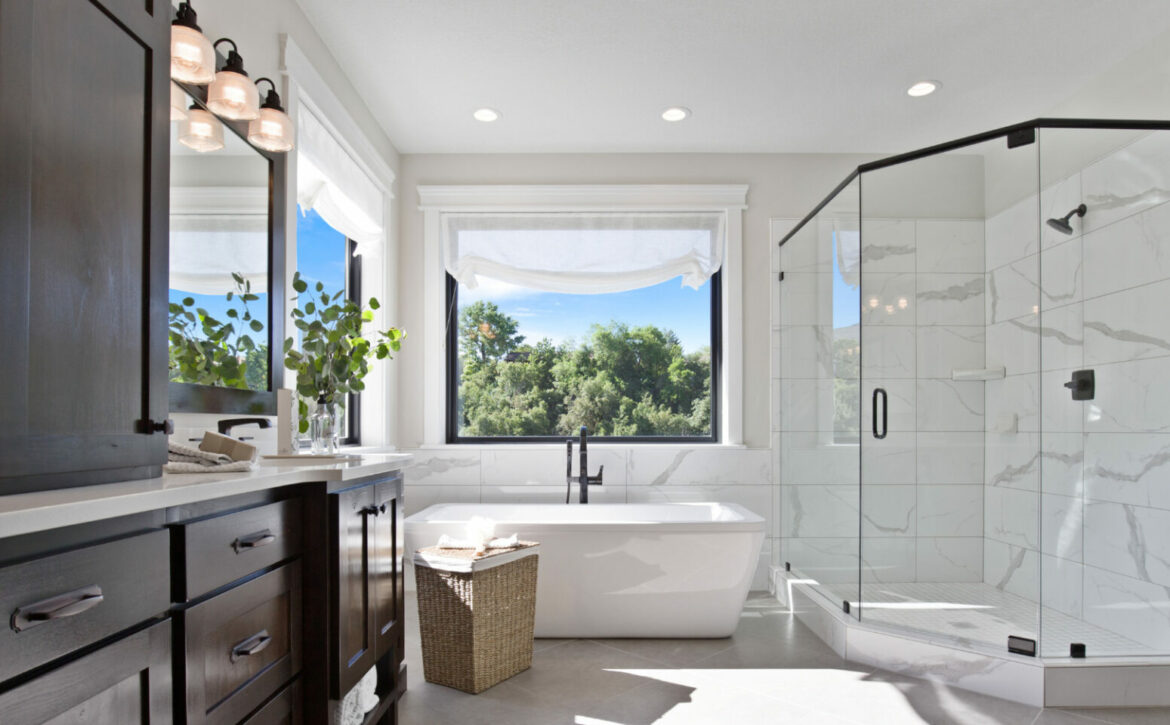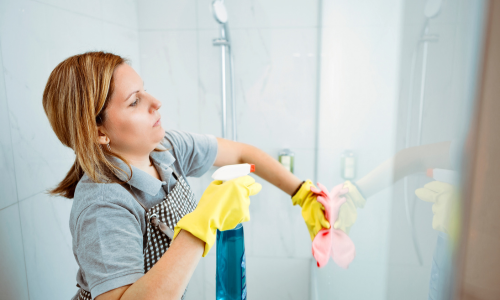How To Get Rid of Hard Water Stains: Removal and Prevention.
Hard water is a common issue in many households, usually leaving behind unsightly stains on fixtures, appliances, and surfaces. These stains are caused by the high mineral content present in hard water, especially calcium and magnesium. While hard water stains can be frustrating, the good news is that there are effective ways to remove them and prevent their recurrence. In this blog post, we will explore some practical methods to tackle hard water stains and provide tips to keep your home looking clean and sparkling.
Understanding Hard Water Stains
Before we dive into the removal techniques, it’s essential to understand what hard water stains are and how they form. Where any appliance uses water, it’s inevitable there will be some splashing over different surfaces. When hard water evaporates, the minerals it contains are left behind as residue. Over time, this residue accumulates on surfaces, subsequently resulting in the formation of stubborn stains. Common areas where these stains appear include taps, showerheads, sinks, toilets, glass shower doors, and even kitchen appliances like coffee makers and kettles. Although you may regularly see the stains left from hard water evaporating, it’s important to remember that much of the damage done by hard water is often hidden from view.
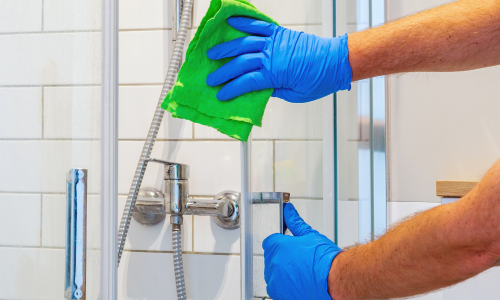
Removing Hard Water Stains
Vinegar Solution:
- Mix equal parts white vinegar and water in a spray bottle.
- Spray the solution onto the stained surface and let it sit for a few minutes.
- Scrub the stain using a soft brush or cloth.
- Rinse the area thoroughly with water and wipe it dry.
Lemon Juice:
- Cut a lemon in half and rub it directly on the stain.
- Let the lemon juice sit on the stain for a few minutes.
- Use a sponge or cloth to scrub the area gently.
- Rinse with water and wipe dry.
Bicarbonate of Soda Paste:
- Make a paste by mixing baking soda with water.
- Apply the paste to the stained surface and let it sit for about 15 minutes.
- Scrub the area with a brush or sponge.
- Rinse well with water and dry the surface.
Preventing Hard Water Stains
Regular Cleaning:
- Wipe down surfaces prone to hard water stains regularly to prevent mineral buildup.
- Use a microfiber cloth or a squeegee after every use to remove excess water from glass shower doors, taps, and countertops.
Water Conditioner:
- Install a Halcyan Water Conditioner to treat hard water before it enters your home’s plumbing system. This can help prevent the formation of mineral deposits while simultaneously removing existing limescale over time.
Protective Coatings:
- Apply a protective coating or sealant on surfaces such as glass shower doors and bathroom tiles to create a barrier against mineral deposits. Although this may protect your home, mineral deposits may still form on the protective coating.
Vinegar Rinse:
- After cleaning, rinse glassware, showerheads, and taps with a vinegar-water solution to remove any remaining mineral residue.
Conclusion
Hard water stains can be stubborn, but with the right techniques and preventive measures, you can keep your home free from these unsightly blemishes. Remember to tackle stains promptly and establish a regular cleaning routine to prevent their recurrence. By implementing these tips, you can enjoy a cleaner and more visually appealing home, free from the frustrations of hard water stains.
While there are many methods of removing and preventing hard water stains in your home, in reality it can be a time-consuming and often futile task. That’s why the Halcyan Water Conditioner is the perfect overall solution to hard water stains!
If you’d like to find out more about the Halcyan Water Conditioner, you can explore our Knowledge Centre and find out how it works here. You can call our expert team on 0345 504 0656 for more information on how you can keep your home sparkling clean, by installing a Halcyan.
Why choose Halcyan?
Halcyan Water Conditioners is a British company based in Bristol and our alloy-based solution to hard water is unique to the UK. As leaders in our industry, our mission is to help our customers reduce the impact of hard water on their homes, saving money, saving energy and saving the planet with our eco-friendly, people-friendly water conditioners. We take huge pride in our customer satisfaction and consequently our testimonials speak for themselves. With our 30 Year Warranty and our 12 Month Money Back Performance Guarantee, you can say goodbye to hard water stains for good!
Learn More